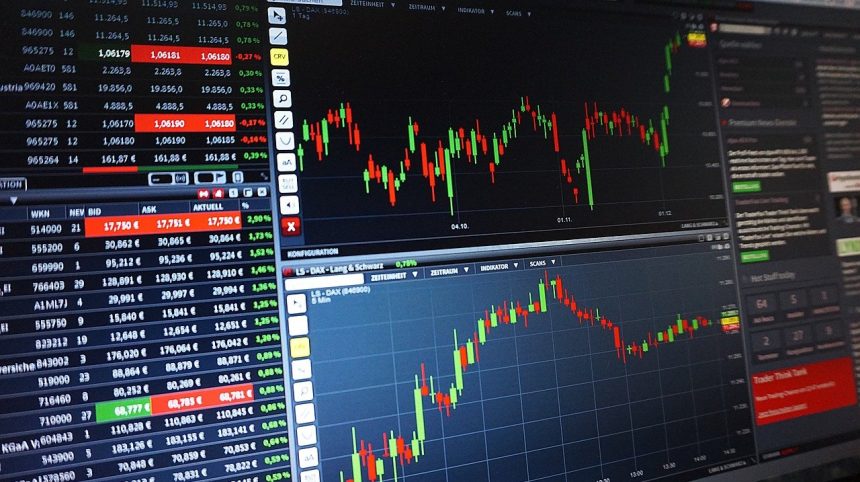Opening a trading and Demat account was a manual process for years, and it took a few days or weeks before it was already active. Now, that’s not the case. Dematerialisation enabled the Indian stock exchange to go digital while following the Securities and Exchange Board of India’s regulation. According to information made public by depositories, National Securities Depository Limitedand Central Depository Services, the number of Demat accounts in India has increased from just 41 million in March 2020 to over 100 million in August 2022.
You need to open a Demat Account to trade on the Indian stock exchange. When investors open a Demat account online, it allows investors to own stocks and assets such as government securities, bonds, mutual funds, and exchange-traded funds and invest in Initial Public Offerings.
What is a Demat Account?
Unlike anonline trading account, which offers an interface for buying and selling shares on the stock market, a demat account holds shares and securities in digital form.The term Demat account refers to a dematerialisation account. A Demat account allows investors to store shares and other securities online. A Demat account simplifies owning shares and securities for investors by securing them electronically.
More importantly, the goal of this account is to transfer share certificates from hard copy to electronic form, improving the account holder’s accessibility.When trading online, shares are purchased, maintained, or retained in this account, making transactions simple. Additionally, the Demat Account reduces the likelihood of theft, loss, and fraud by holding stocks in electronic format.
Why do Indians require a Demat Account?
The SEBI in 1996 mandated having a Demat account if you want to invest in stocks. Furthermore, having a Demat account poses various benefits for investors, such as:
- Reduces Costs: Earlier, physical certificates used to come with several extra expenditures, including handling fees, stamp duty, and various other expenses. Whereas, with Demat accounts, these costs are eliminated, meaning that the holders do not need to pay any additional Demat account charges. In the end, this reduces the expense of owning stock in a company.
- Saves Time: The Demat account has assisted users in reducing the time required to complete a single transaction. This saved time enables the account holder to make further acquisitions and sell security holdings more precisely and in less time. Furthermore, a Demat account allows a user to purchase or sell daily, and the trade is settled quickly at the trading day’s closing.
- Loan Collateral: A significant benefit of a Demat account is that the assets stored in your Demat account can be used as collateral to secure loans from a wide number of financial institutions.
Every Indian must register a Demat account before beginning their trading career. Users can benefit from the capital market by investing in stocks, mutual funds, and commodities using a Demat account. Essentially, having a Demat account provides a user with benefits and assured profits on their shares.













